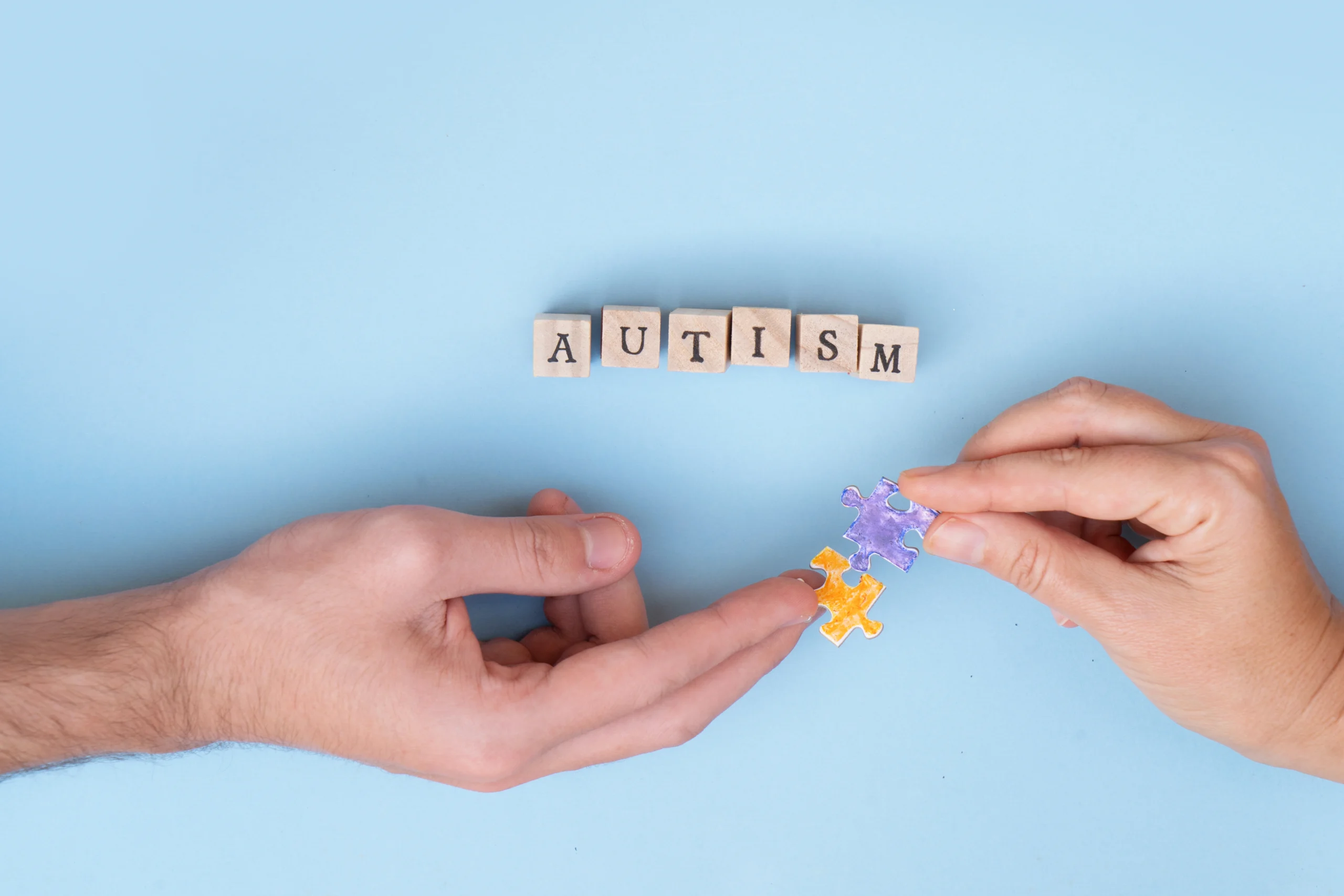Most people are not aware of the prevalence of anticipatory anxiety. Imagine this: You are nervous and anxious days before a meeting, or you are uncomfortable and anxious just because you are thinking about an examination or a trip that has not even occurred yet. As an experienced psychologist in India and a therapist in Mumbai who provides individual therapy, group therapy sessions in Mumbai, and child counseling for families across the globe, I see the effects of anticipatory anxiety every day in my practice.
When living in fast-paced and competitive first world countries, it is easy to be get swept into the cycle of what-ifs, particularly where there are major life events or examinations, weddings or job changes. Anticipatory anxiety is not merely nerves; it may affect sleep, relationships and even physical well-being unless it is controlled. We will explore the true meaning of anticipatory anxiety, its impact on you and how you can take productive steps to soothe your mind.
1. What is Anticipatory Anxiety and What Are the Signs?

The intense worry or dread about what is going to happen in the future, which causes you to overrate something that might happen is known as anticipatory anxiety. However, in contrast to normal stress, it is not necessarily linked to issues that have real likelihoods—rather, it has more to do with fear of the unknown.
As a family therapist in Mumbai, I usually know the following signs:
- Re-playing what if thoughts and difficulty relaxing prior to events.
- Body signs which may include rapid heart rate, nausea, sleeplessness or muscle spasms.
- Avoidance behavior, such as canceling plans or delaying the important tasks due to provoking distress.
- Re-preparing and reassuring oneself with friends and family too often.
These symptoms are similar to general anxiety or even panic attacks to many. If left unchecked, chronic pre-event worry can contribute to chronic post traumatic stress disorder symptoms or compound other mental health conditions.
2. Why Does Anticipatory Anxiety Happen? Understanding the Roots
Anticipatory anxiety is not a sign of weakness, but rather is a usual response—an attempt by your brain to anticipate danger and to be prepared should danger arise. However in our competitive world, it can easily get out of control, particularly when you are a perfectionist, have experienced past trauma or have relatives who have a history of anxiety.
While working with individuals in premarital counseling, PTSD treatment centers in Mumbai, and relationship counselling India, I notice anticipatory anxiety increases during times of uncertainty or high expectations. Access to online depression and anxiety tests in India has made it easier for people to identify these patterns, but professional support can provide the tools to break free from worry cycles.
3. How Can You Manage and Overcome Anticipatory Anxiety?
a) Treatment and Expert Assistance.
CBT, exposure therapy and mindfulness are very effective. As part of certified cognitive behavioral therapists in Mumbai and anxiety management programs in Mumbai, I work collaboratively with clients to challenge unhelpful thoughts, build resilience, and teach practical coping strategies.
b) Self-Compassion & Lifestyle
Being kind to yourself also works. Remind yourself it is normal to worry, but worry does not determine the future. Work-out, good habits, relaxation exercise such as vast inhalations, and good supportive relations can relieve the tension.
c) Medication (If Needed)
For more severe cases, doctors in India may prescribe medications such as SSRIs, ideally under the guidance of a licensed psychologist or psychiatrist. Patients should include drug treatment as part of a comprehensive care plan.
Remember, tools like online psychologist consultation in India and group therapy sessions in Mumbai can bridge the gap for those seeking support from home. The only way of avoiding the development of anxiety that becomes uncontrollable is early assistance.
Conclusion: Moving Forward with Confidence and Care
Anxiety may be preemptive, but so can you. Learning to identify its symptoms, finding help, and making investment in self-care preconditions a long-term emotional wellbeing. Since I am an individual therapist and specialist in PTSD therapy in Mumbai, I invite you to contact me, either in Mumbai with the help of therapists in Mumbai or online with the help of online sources. By having the right strategies and a caring attitude you can use fear of the future into growth opportunities.
About Me: Tanu Choksi
I’m Tanu Choksi, a warm psychologist in India and talk therapist in Mumbai, specializing in individual therapy, child therapy, couples therapy, family therapy, teen therapy, group therapy, depression therapy, premarital counseling, anxiety, and PTSD for clients in India and worldwide.
Connect with Me
- Instagram, Facebook & LinkedIn: Follow me @tanuchoksi for daily insights and support on mental health, relationships, and personal growth.
- Practo Profile: Ms. Tanu Choksi is a warm and friendly counselor and therapist in Mumbai, offering patient, non-judgmental, and rational solutions to personal problems.
Address anticipatory anxiety—reach out for therapy if you’re struggling, and remember that support is always available.




